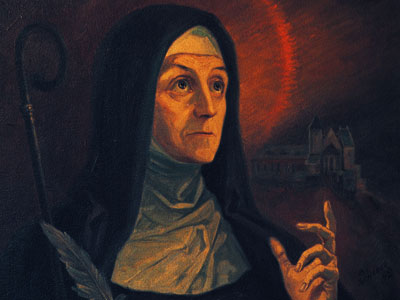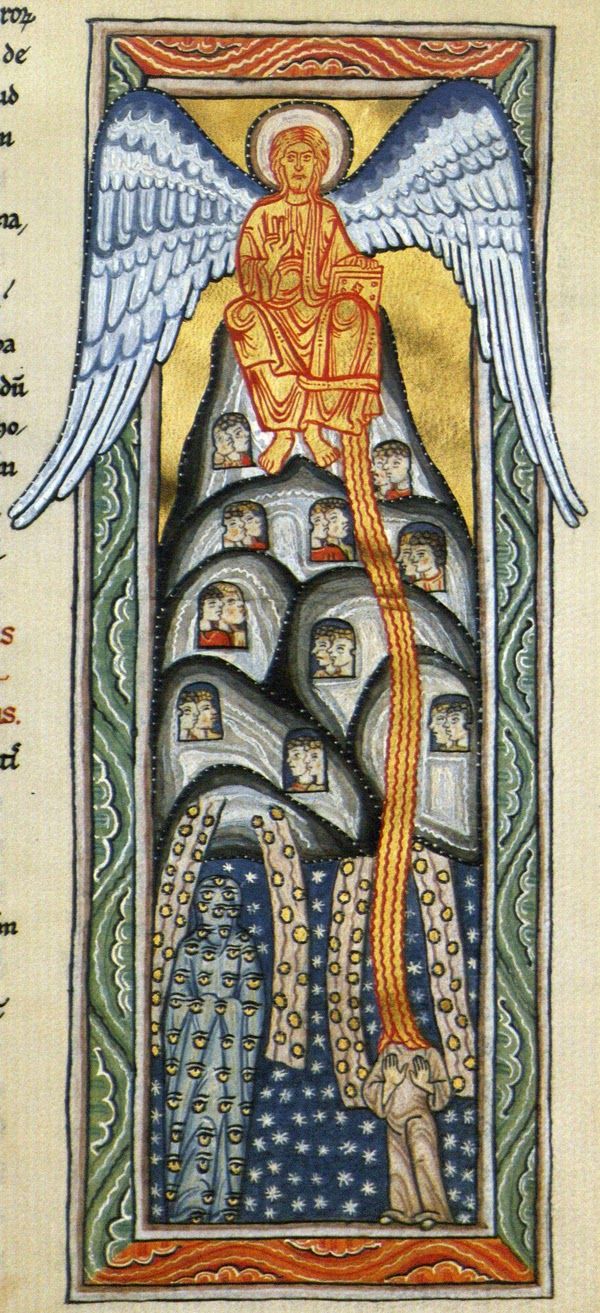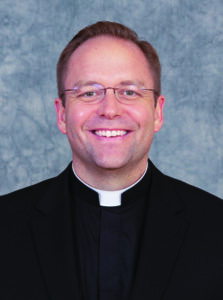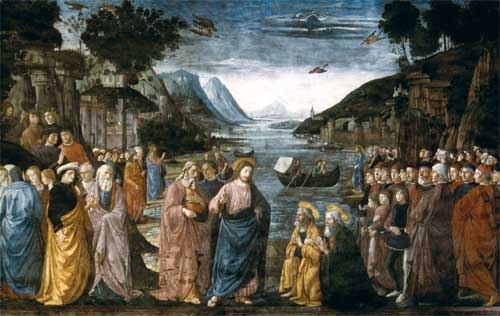Podcast: Play in new window | Download (Duration: 52:43 — 36.2MB) | Embed
Subscribe: Apple Podcasts | Spotify | Amazon Music | Android | Pandora | iHeartRadio | JioSaavn | Podchaser | Gaana | Podcast Index | Email | TuneIn | Deezer | Anghami | RSS | More
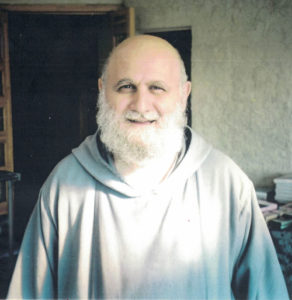
“Walk Humbly Before Your God: Simple Steps to a Virtuous Life” is an all-time favorite. Fr. Andrew Apostoli, a founder of the Franciscan Friars of the Renewal and a frequent host on the Eternal Word Television Network, had a beautiful way of shining new light on fundamental truths. He graciously took time to teach us about the nature of prayer, how it develops in our lives and how we can nurture it. He spoke of Jesus and several aspects of his prayer: praise, thanksgiving, intercession, and how it aids in our suffering. Our traditional vocal prayers, as well as the depths of contemplation, were also discussed including how do we deal with distractions, Fr. Apostoli, a humble, holy priest, was a master spiritual catechist! He died on December 13, 2017, the morning after the feast of Our Lady of Guadalupe, patroness of the Community of the Franciscan Friars of the Renewal. Contained in this 50-minute discussion, you’ll find guidance that can last a lifetime.
You can find Fr. Apostoli’s book here
From the book description:
Christians, if they are to have any impact in today s world, have something of the same code: we fight the good fight, side by side, ready to lay down our lives for one another. Such heroism doesn t come naturally. As Walk Humbly With Your God points out, it is in the day-to-day training, in taking the simple steps to holiness, that heroism becomes second nature.
Fr. Apostoli provides an inspirational guide to conquering our faults, growing in prayer and acquiring the virtues that enable us to walk with God and live for others.

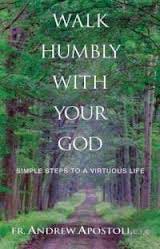
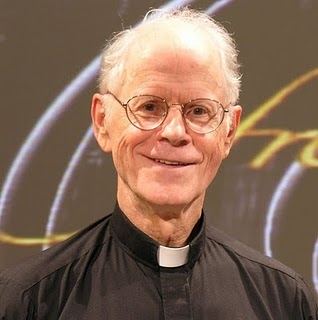 It was with great joy we had the opportunity to talk with Fr. Thomas Dubay. His work on “Fire Within” and all the programs he gave us on EWTN was instrumental in my spiritual growth. In those early days, he was like having a distant spiritual director who guided me, as well as the rest of us, toward a deeper relationship with Christ.
It was with great joy we had the opportunity to talk with Fr. Thomas Dubay. His work on “Fire Within” and all the programs he gave us on EWTN was instrumental in my spiritual growth. In those early days, he was like having a distant spiritual director who guided me, as well as the rest of us, toward a deeper relationship with Christ.
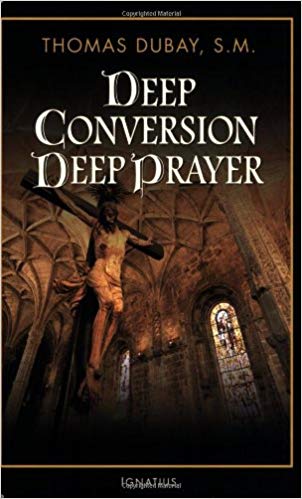
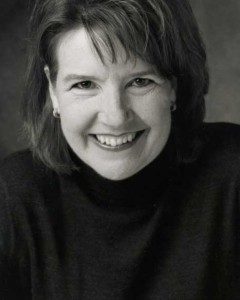
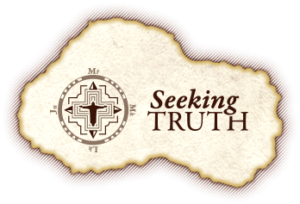
 St. Bernard and “On Loving God” – The Mystery of Faith in the Wisdom of the Saints
St. Bernard and “On Loving God” – The Mystery of Faith in the Wisdom of the Saints 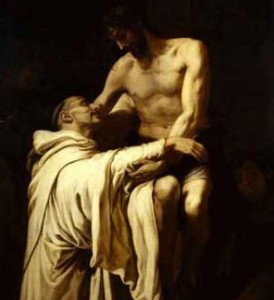

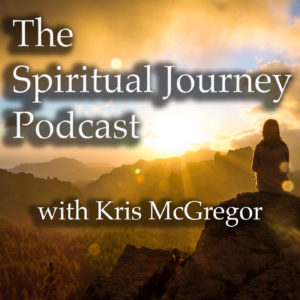 “That Jonah is You”
“That Jonah is You”